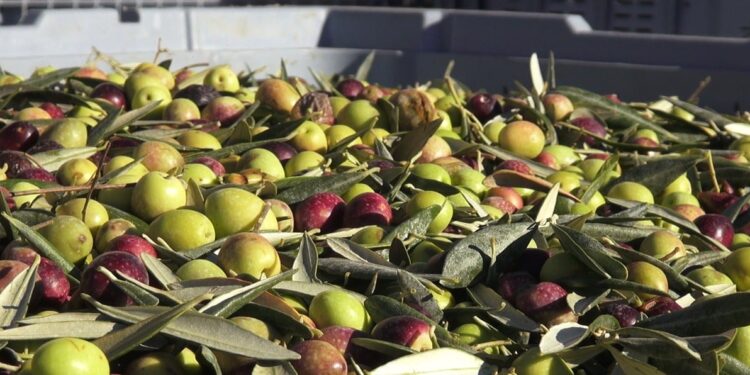Tunisia, the world leader in organic olive oil, is part of a large international project that transforms waste from oil production into useful new resources. This program, baptized Oliwa and funded by the European Union, brings together six Mediterranean countries and 25 partnersunder the coordination of the University of Turin.
When waste becomes solutions
Each year, the trituration of olives generates hundreds of thousands of tonnes of marginesa effluent whose Pollutant load (DCO) is 100 to 200 times higher than that of domestic wastewaterthreatening floors and rivers. The Oliwa project aims to reverse this constraint by valuing these residues for agriculture, energy and industry.
Among the innovations envisaged:
- nourish insects with margines to produce flour intended for breeding;
- extract components to make Biodegradable packaging ;
- produce biogas by combining margines and other agricultural waste;
- Create natural additives for human and animal food;
- exploit them polyphenols Content in margines for applications in food and cosmetics, opening a market with high added value.
Concrete profits for agriculture
Regional studies show that margine controlled spreading can Increase olive production from 35 to 70 % In underestimated olive groves, highlighting the agronomic potential of this “waste” transformed into a resource.
A strategic opportunity for Tunisia
With an annual production of 220,000 tonnes of olive oil and exports generating more than $ 350 millionTunisia strengthens its global competitiveness. Participation in the Oliwa project allows reduce pollution,, Create new green job sectorsAnd Value a flagship of Tunisian agriculture.
Beyond the economy and agriculture, Oliwa illustrates how Tunisia can become a Key actor of sustainable innovation in the Mediterraneantransforming a major environmental challenge into tangible economic and ecological opportunities.








